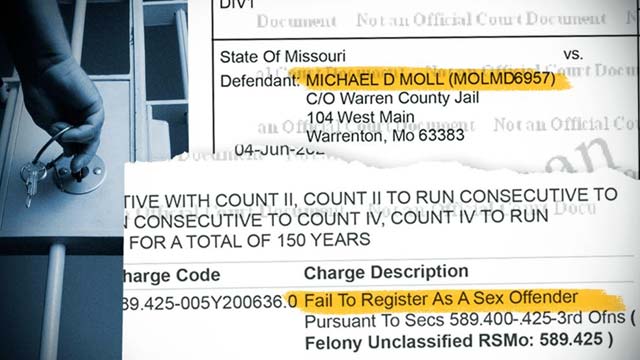
Michael Moll, a 65-year-old Missouri resident, has been sentenced to 150 years in prison for failing to update his information in the state's sex offender registry. This sentence, termed as excessive by advocates, stems from Molls' repeated violations since his release from prison in 2017, including failing to promptly register new addresses, a phone number, and a vehicle.
The Missouri Attorney Generals Office, prosecuting the case, highlighted Molls' previous conviction for a 1982 rape and subsequent failures to register as a sex offender in both Illinois and Missouri. These violations, categorized under Missouri law as serious offences warranting lengthy sentences, have drawn criticism from experts like Ashley Nellis of The Sentencing Project. Nellis argues that such stringent registry requirements often hinder ex-offenders' reintegration into society, exacerbating challenges related to employment and housing.
In response to the sentence, Missouri Attorney General Andrew Bailey defended the decision, emphasizing the commitment of the state to safeguarding communities from repeat offenders. However, critics point out that the punitive measures disproportionately affect individuals attempting to navigate complex registration rules post-incarceration.
Michael Moll, currently held at the Fulton Reception and Diagnostic Center, expressed frustration over what he termed a harsh penalty for what he considers technical violations. Representing himself in court, Moll intends to appeal the sentence, underscoring the broader debate over the efficacy and fairness of sex offender registries in the criminal justice system.
As the case unfolds, it raises significant questions about the balance between public safety measures and the rehabilitation of former inmates attempting to rebuild their lives after incarceration.











